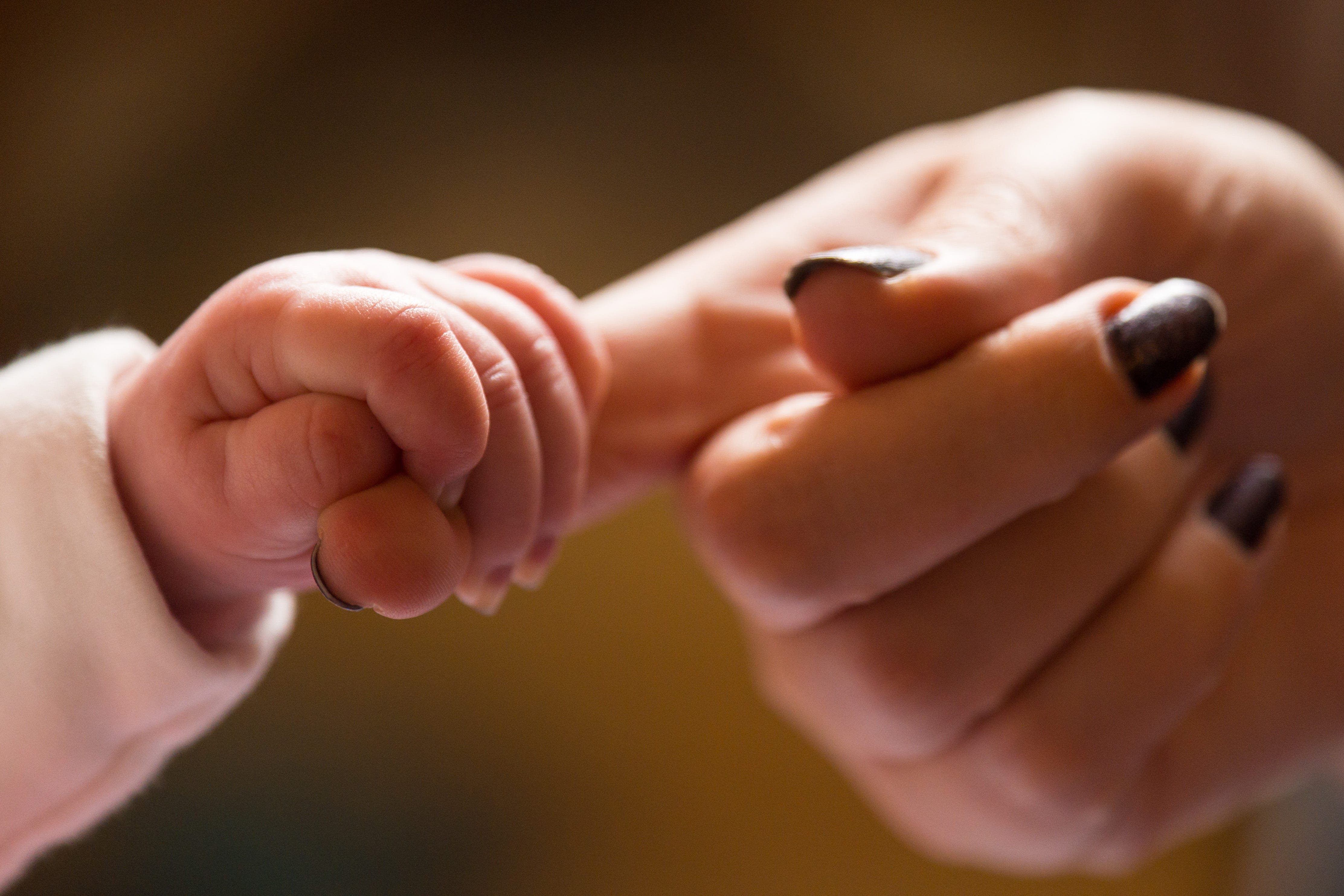‘Sort out crisis in maternity care’, charity urges Government
The National Childbirth Trust has issued a new advocacy checklist for expectant parents.

Your support helps us to tell the story
From reproductive rights to climate change to Big Tech, The Independent is on the ground when the story is developing. Whether it's investigating the financials of Elon Musk's pro-Trump PAC or producing our latest documentary, 'The A Word', which shines a light on the American women fighting for reproductive rights, we know how important it is to parse out the facts from the messaging.
At such a critical moment in US history, we need reporters on the ground. Your donation allows us to keep sending journalists to speak to both sides of the story.
The Independent is trusted by Americans across the entire political spectrum. And unlike many other quality news outlets, we choose not to lock Americans out of our reporting and analysis with paywalls. We believe quality journalism should be available to everyone, paid for by those who can afford it.
Your support makes all the difference.A charity has called on the Government to “sort out the crisis in maternity care” as it warned many settings are failing to keep women safe.
The National Childbirth Trust (NCT) also stressed that making sure birth is a positive experience is not a “burden” that should be placed on women.
The NCT issued a new checklist for pregnant women and their birth partners to ensure they are aware of their rights.
The document has been released following a report by the Care Quality Commission (CQC) last month, which said the safety of maternity care “remains a key concern”.
It urges expectant parents to ask healthcare professionals questions about birth, such as pain management and interventions, and to always ask for more information if the options are not making sense.
The NCT recommends its “Brain” tool to help make decisions; weigh up the benefits, risks and alternatives while taking into account instincts and thinking about the consequences of doing nothing.
The charity stresses that women are the “ultimate decision-maker” when it comes to giving birth and must give consent to any decision being made about their care.
It also calls on birth partners, including fathers, family, friends or doulas, to advocate for the person giving birth by asking questions and ensuring they feel listened to.
Katherine Walker, service development manager at NCT, said: “We want every pregnant woman and person to feel fully supported, but the reality is that many maternity settings are failing to keep them safe.”
Maxine Palmer, head of service development at NCT, told the PA news agency that it should not be the responsibility of patients to ensure they have a good birth experience.
“The burden shouldn’t be falling to individuals to make sure they have a good birth experience,” she said.
“It is up to the Government to sort out the crisis in maternity care and ensure everyone can expect the same standard, no matter where you live. It shouldn’t be a postcode lottery.”
The CQC inspected 131 units in England as part of a national programme and found 48% were rated as requires improvement or inadequate, with 48% rated as good and just 4% outstanding.
No services were rated outstanding for safety, with 47% requiring improvement, 18% rated inadequate and 35% rated as good.
Ms Palmer told PA: “One of the key things we know about giving birth is that it can be an uncertain time for many people.
“Our monitoring of the situation is that parents have been quite protected from it. Many parents were telling us they had heard it or saw it in the news but not experienced it.
“We are definitely seeing a change in tone, where they are more aware and getting anxious and concerned.”
A Department of Health and Social Care spokesperson said: “Childbirth should not be something women fear or look back on with trauma, and it is unacceptable that too many women are not receiving the maternity care that they deserve.
“All women need to feel reassured they are being properly listened to, and that their wishes and dignity are respected when they give birth.
“This government is determined to learn lessons from recent investigations and reports to make sure women and their babies receive safe, personalised and compassionate care.
“Trusts failing on maternity care will be supported to make rapid improvements and we will work closely with NHS England to train thousands more midwives to better support women throughout their pregnancy and beyond.”
An NHS spokesperson said the health service is committed to ensuring all women and babies receive high-quality care before, during and after their pregnancy.
“Over the last decade the NHS has made improvements to maternity services in England but we know further action is needed,” they added.
“The NHS is investing £186 million annually to increase the number of midwives and obstetricians, strengthen leadership and improve culture, while our three-year delivery plan for maternity and neonatal services is supporting midwives and doctors to listen to all women and families and provide personalised care at all times.”